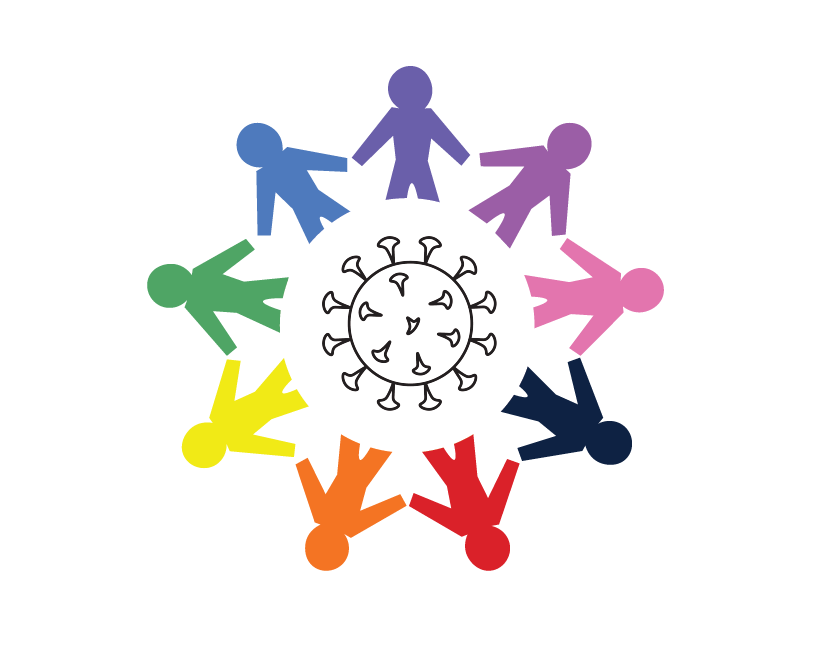Wits Vaccines & Infectious Diseases Analytics (VIDA) Research Unit
Oxford COVID-19 Vaccine Trial
Interim Study Results February 2021: Next steps for participants and FAQ
Thank you for taking part in the Oxford COVID-19 vaccine trial. You may have heard that the vaccine has now been rolled out in the UK, that vaccines have arrived in South Africa, and that the interim results of the trial have been released. This FAQ document is for trial participants and members of the public who may have questions relating to the study and vaccination in South Africa. Trial participants can contact their trial site with any queries that may not be answered here. Please note: this document does not include official information from the South African National Department of Health (DOH). Please follow official DOH channels for official information regarding vaccination rollout plans.


